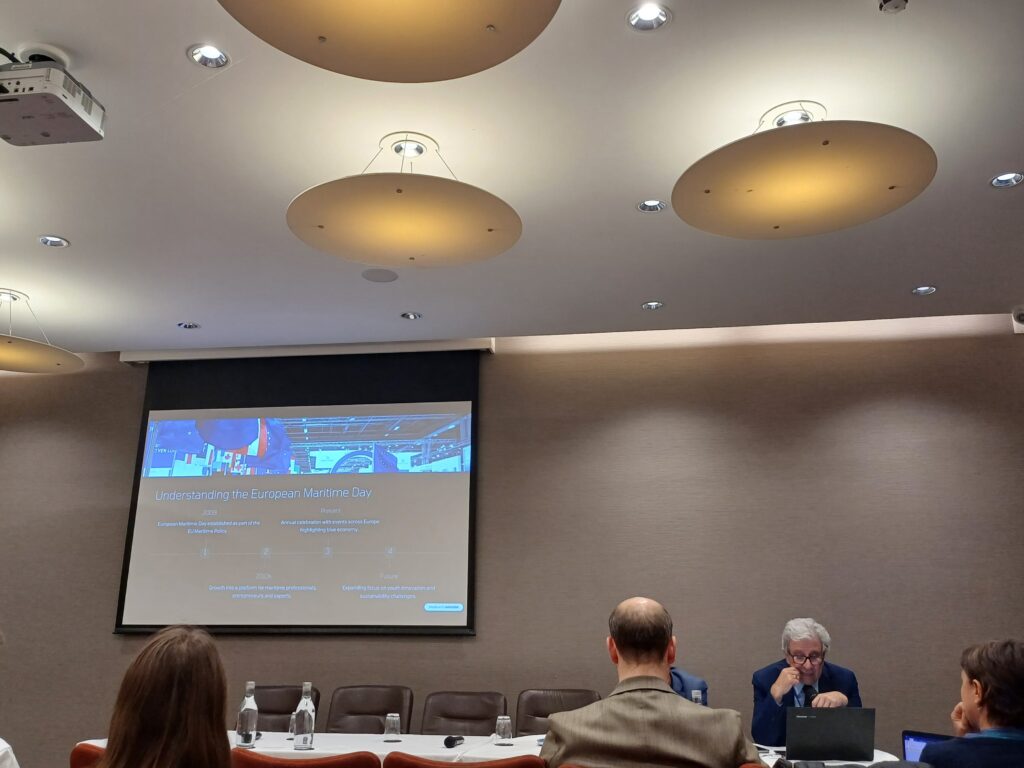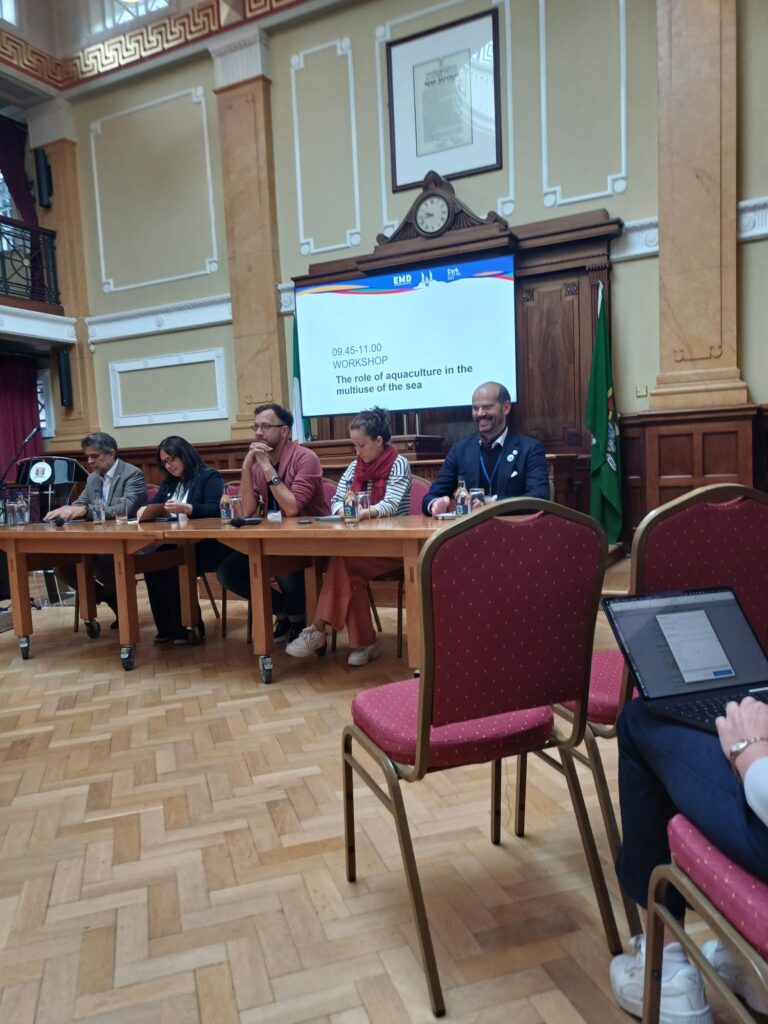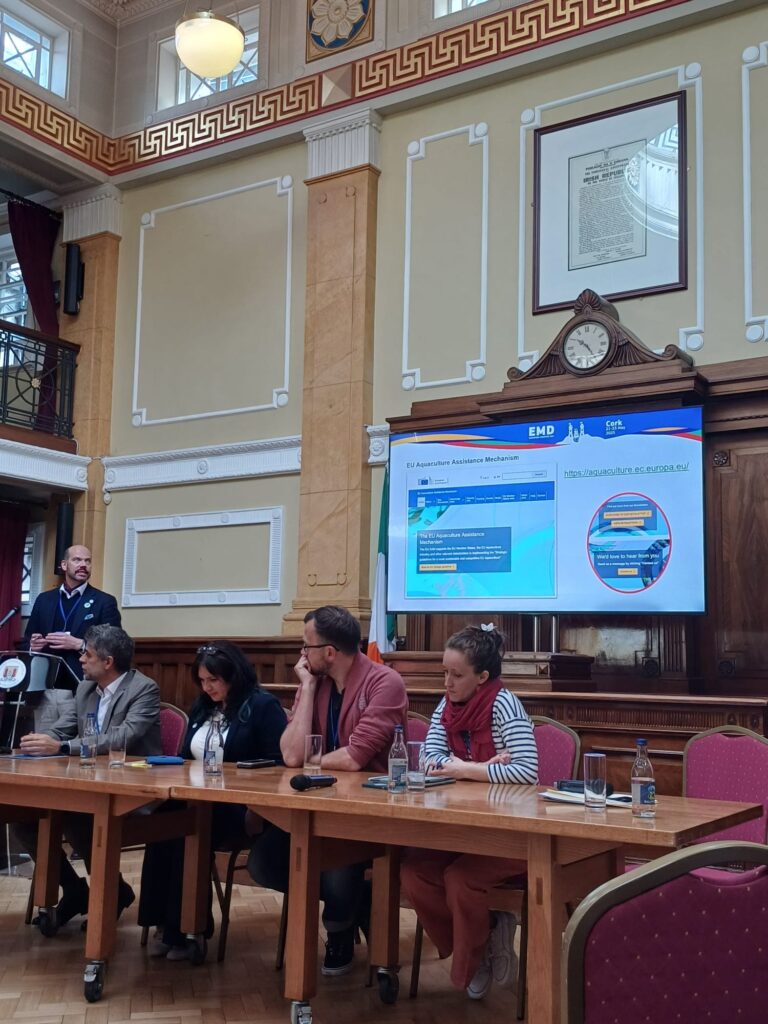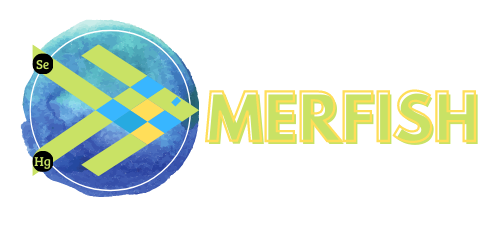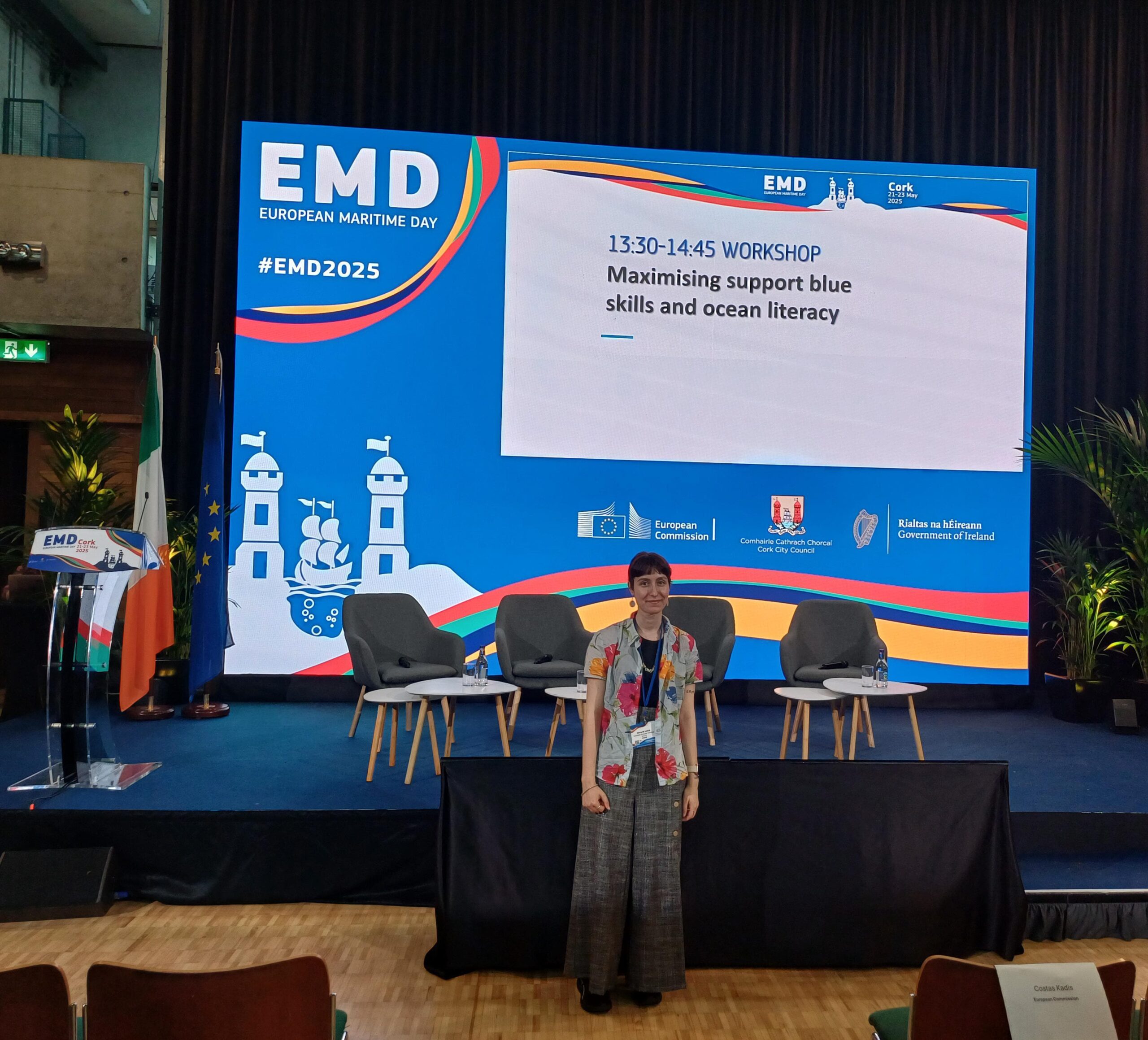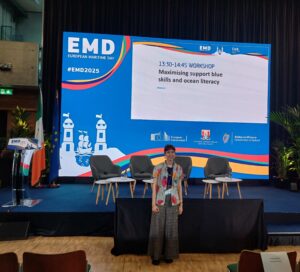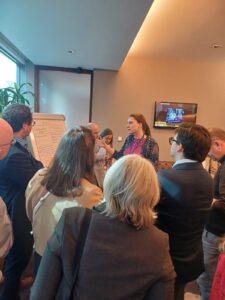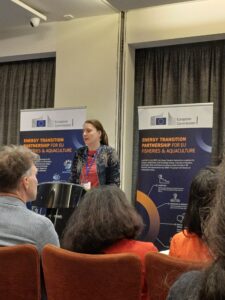Merfish Project Explores Aquaculture’s Role in Multi-Use Marine Environments at EMD 2025
Cork, Ireland – May 23, 2025 – The Merfish Project continued its active participation at the European Maritime Day (EMD) 2025 in Cork, Ireland, delving into the critical topic of “The Role of Aquaculture in Multi-Use of the Sea.” This insightful workshop, moderated by Vincent Favrel from CINEA, provided a comprehensive overview of how aquaculture can effectively integrate into broader marine activities, offering both opportunities and challenges.
The session highlighted cutting-edge innovative projects that are redefining the boundaries of marine resource utilization. Projects such as ULTRAFARMS and OLAMUR demonstrated the remarkable potential of combining green wind energy production with low-trophic aquaculture, focusing on sustainable cultivation of mussels and algae. This integration presents a compelling vision for increasing food production while simultaneously advancing renewable energy goals.
Technological advancements were also a key focus, with the introduction of the Shellfish Tower. This innovative solution aims to mitigate damage risks for offshore cultivation, addressing one of the significant hurdles in expanding aquaculture into more exposed marine environments.
While the potential for multi-use aquaculture is vast, the workshop also candidly addressed the challenges. Regulatory barriers emerged as a significant hurdle, emphasizing the need for streamlined and adaptable policy frameworks. Social acceptance was another critical point, highlighting the importance of engaging local communities and ensuring transparency in development. Furthermore, the inherent dependency of aquaculture on other marine sectors for operational success underscored the need for integrated planning and collaborative governance.
To assist stakeholders in navigating these complexities, several useful tools were presented. The European MSP Assistance Mechanism and the Aquaculture Assistance Mechanism (AAM) were showcased as valuable resources for guidance and support. Attendees also learned about a comprehensive database of case studies on multi-use aquaculture and key documents detailing the administrative framework, providing practical insights and precedents for future projects.
A significant takeaway from the workshop was the emphasized potential of the AAM for effective communication and dissemination of vital research projects within the aquaculture sector. The Merfish Project recognizes the importance of such initiatives in driving innovation and fostering sustainable practices across the aquaculture industry.
Our participation in this workshop reinforces the Merfish Project’s commitment to exploring holistic approaches to marine resource management, promoting sustainable aquaculture, and contributing to a thriving blue economy.
Many thanks to Europe for Business Ltd (EFB) and our representative Chiara De Santis
